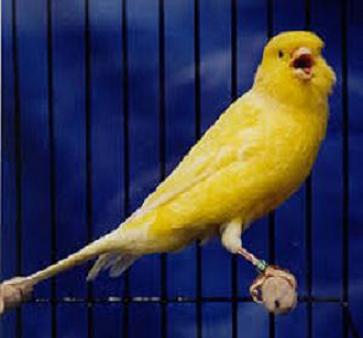How to Get a Canary to Sing

The canary is a bird named after Spain’s Canary Islands and is known for its singing. This coupled with the fact that they are really easy to look after, make them immensely popular among first-time bird owners.
A lot of canary owners, however, are left disappointed as they fail to get their pet bird to sing. While the problem is a really common one, it fortunately has a very simple solution. All that one needs to understand is that a happy and healthy canary is more likely to treat its owner to a song than one that is sad or ill. Aside from that, there are a few other factors as well that play a significant role in encouraging the bird to sing.
Things Required:
– A mature male canary
– Bird cage
– Clean, non chlorinated water
– Canary seed, fresh fruits and vegetables
Instructions
-
1
While buying a canary, make sure it is a male and not a female. Also, ensure that it is somewhere around nine months old, which is the age at which the bird typically matures. Keep in mind that male canaries sing far more often than female canaries. Almost 95 percent of the latter generally do not sing and instead just chirp. Additionally, the bird will not start singing until it has matured. If you end up buying a young canary, you will have to wait for a few months to hear its melodic, singing voice.
-
2
Make sure you get a large enough cage for your canary. The bird will not sing if it feels uncomfortable and closed in. Buy or build a cage that is at least 15 inches tall and 15x15 inches wide.
-
3
Make sure your canary has access to constant supply of clean non-chlorinated water in its cage.
-
4
A healthy canary is more likely to sing than the one that is unhealthy and weak. Therefore, make sure you feed your bird a proper diet of canary seeds, fresh fruits and vegetables.
-
5
If your canary was singing normally a few days back, but has stopped all of a sudden, then there is a strong possibility that it may be sick. It is not easy to tell if the bird has fallen ill, as the symptoms are hard to detect during the early stages. By the time they become clear, your bird may already be close to dying. Therefore, if you suspect that something is wrong, take it to a veterinarian without wasting any time.







